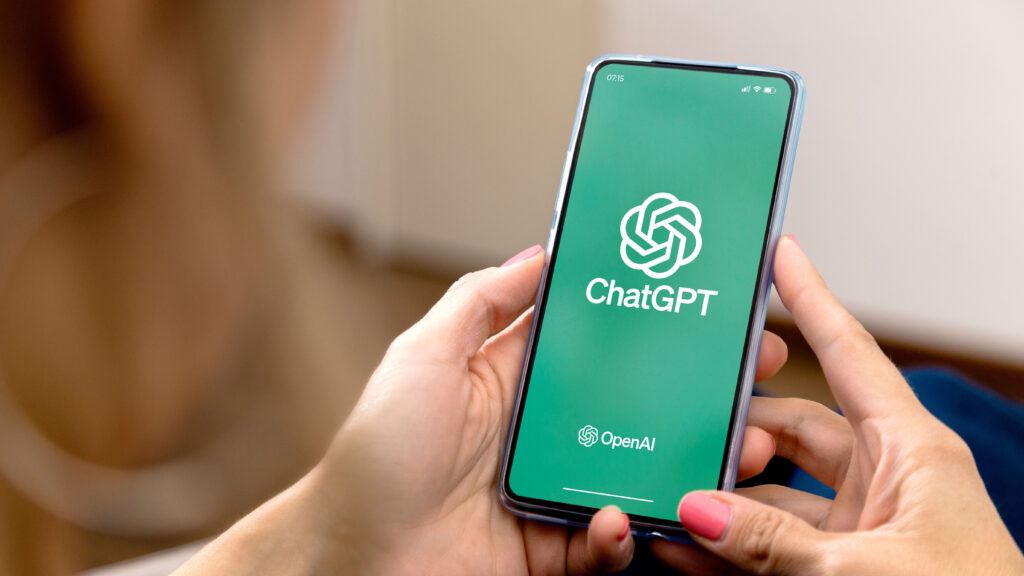On June 10, 2025, OpenAI’s ChatGPT experienced a significant global outage, affecting users worldwide. The disruption began early in the morning, leading many to seek alternative AI tools and prompting discussions about the reliability of AI services.
Alternative AI Tools to Consider
During the downtime, users explored various AI platforms to maintain productivity:
- Gemini (Google Bard): An advanced AI chatbot that integrates seamlessly with Google’s ecosystem, offering real-time web search, file uploads, and image generation. It’s particularly useful for tasks requiring up-to-date information.
- Claude by Anthropic: Designed with a focus on safety and creativity, Claude excels in generating a variety of content, including code, scripts, emails, and even music. Its user-friendly interface makes it a versatile assistant.
- Microsoft Copilot: Integrated into Microsoft’s productivity tools, Copilot enhances user experience by suggesting content, automating tasks, and generating content based on user input. It combines large language models with data from Microsoft 365 apps to become a powerful productivity tool.
- Perplexity AI: An AI-powered answering engine that excels at providing accurate and trusted information in real time, ideal for research and quick fact-checking.
- DeepSeek: A Chinese-developed AI chatbot that has gained popularity for its open-source nature and energy efficiency. It’s particularly noted for its math-focused AI model, DeepSeek-Prover-V2-671B, useful for formal theorem proving and mathematical reasoning.
What Users Can Do While Waiting
While awaiting the restoration of ChatGPT services, users are encouraged to:
- Explore Alternative Resources: Utilize other AI tools and platforms to continue tasks and projects.
- Engage with Community Forums: Participate in discussions to share insights and solutions.
- Revert to Traditional Methods: Consult books, academic journals, and other offline resources for research and study.
- Stay Informed: Monitor OpenAI’s status page and official social media channels for updates on service restoration.
OpenAI’s Response and Future Measures
In response to the outage, OpenAI has identified the root cause and is implementing several measures to enhance system reliability:
- Infrastructure Enhancements: OpenAI has entered into a partnership with Google Cloud to bolster its computing capacity and reduce reliance on a single cloud provider. This move aims to enhance the scalability and resilience of OpenAI’s services.
- System Improvements: The company is optimizing memory allocation, introducing rate limit controls, and increasing service capacity to prevent future disruptions. These enhancements are part of a broader effort to improve system performance and reliability.
- Operational Resilience: OpenAI is implementing advanced load-balancing technologies, predictive analytics, and more stringent monitoring tools to detect and address issues proactively. These measures are designed to ensure smoother operations and quicker recovery in case of future incidents.
Looking Ahead: The Future of AI Services
The recent outage underscores the growing dependence on AI technologies and the importance of robust infrastructure. As AI becomes increasingly integrated into various sectors, ensuring service reliability and transparency will be crucial for maintaining user trust and satisfaction.
Conclusion
The ChatGPT outage serves as a reminder of the critical role AI tools play in our daily lives and the need for continuous improvement in their reliability and accessibility. As OpenAI works to enhance its infrastructure and communication strategies, users are encouraged to explore alternative AI platforms and stay informed about service updates.

